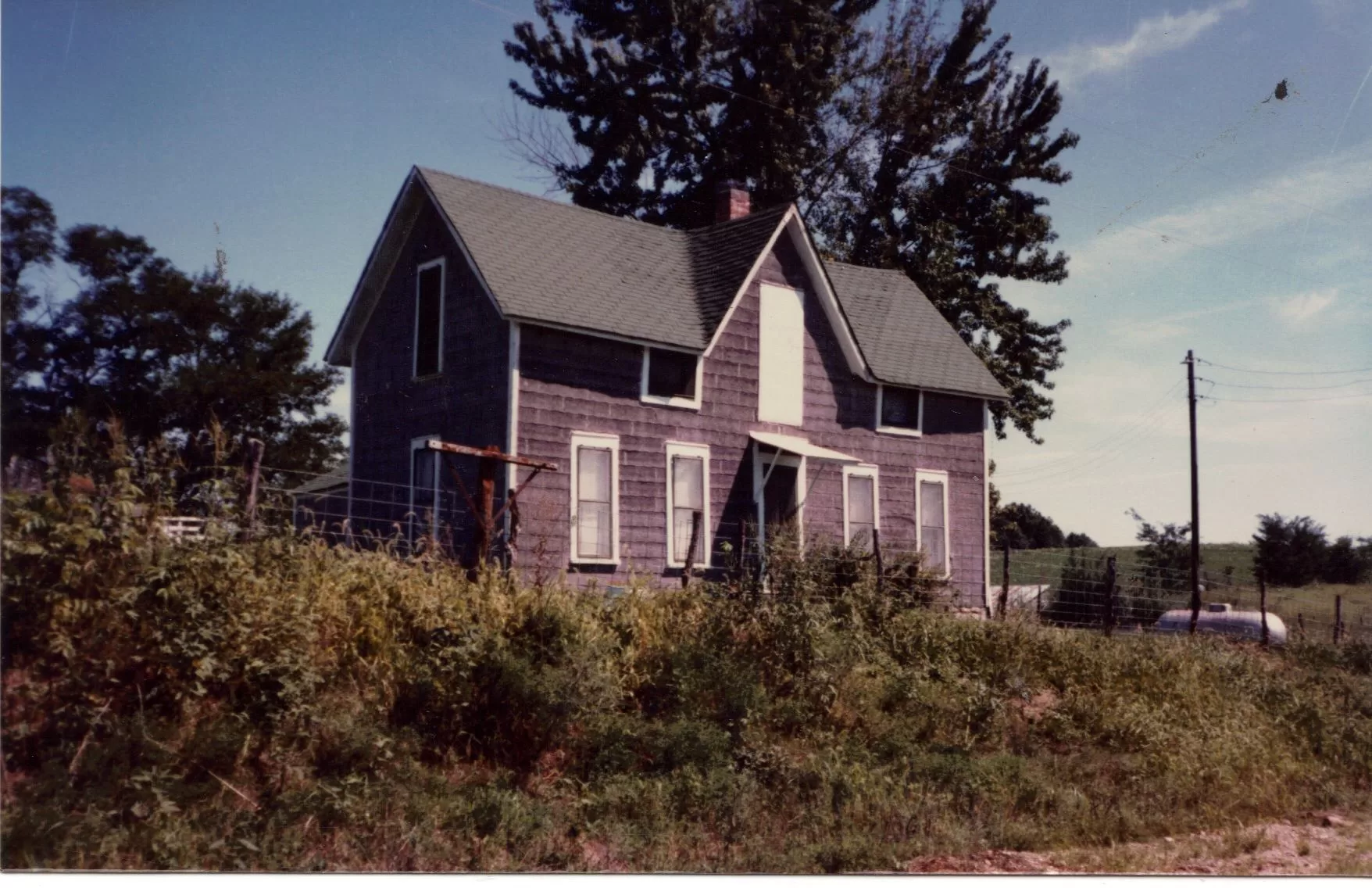In 1916, when my great grandfather died at the age of eighty-two in Gallatin, Missouri, he left each of his fourteen children, or their surviving heirs, a farm or its equivalent. By 1935 almost all was lost. The name of the game had become survival. They abandoned the land, as they felt it had abandoned them, and moved to find jobs in nearby cities or halfway across the country. Some went to California. Some to Canada. Few stayed. My parents…...

